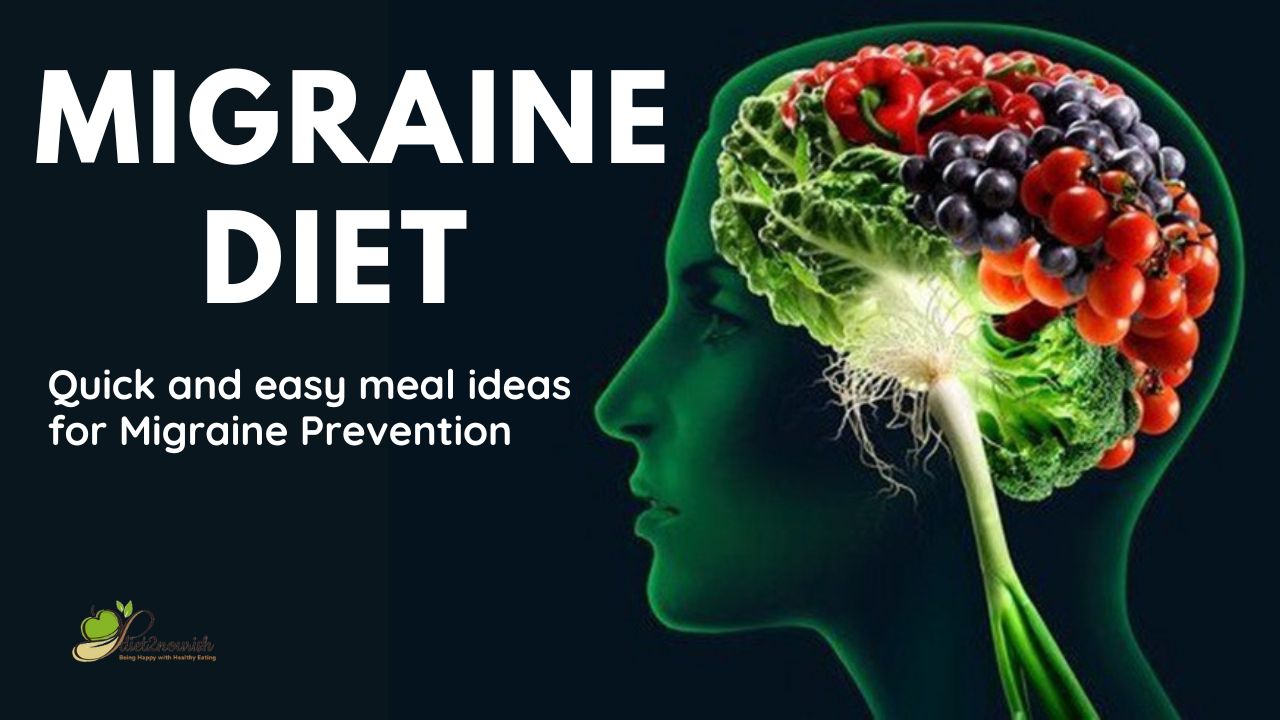MIGRAINE DIET Your Way To Success
Migraine diet are a type of headache characterized by a severe, throbbing pain, often accompanied by other symptoms such as nausea, sensitivity to light, and dizziness. They can be triggered by a variety of factors, including stress, hormonal changes, environmental factors, and dietary choices. While there is no one-size-fits-all migraine diet, certain foods and drinks have been found to trigger migraines in some individuals. Avoiding these trigger foods and incorporating nutrient-rich foods into your diet can help reduce the frequency and severity of migraines.
One of the most common trigger foods for migraines is processed or cured meats, such as bacon, sausage, and deli meats. These foods contain nitrates and nitrites, which can dilate blood vessels and trigger migraines. Another common trigger food is aged cheese, such as blue cheese, cheddar, and parmesan. These cheeses contain tyramine, which can also dilate blood vessels and trigger migraines. Other trigger foods include chocolate, caffeine, alcohol, and artificial sweeteners.
To avoid these trigger foods, it is important to read food labels carefully and choose fresh, whole foods whenever possible. Eating a diet rich in fruits, vegetables, whole grains, and lean protein can provide the nutrients your body needs to function optimally and may also help reduce the frequency of migraines. Some specific foods that have been found to be beneficial for migraine sufferers include:
Magnesium-rich foods: Magnesium is a mineral that has been shown to help reduce the frequency and severity of migraines. Foods that are rich in magnesium include spinach, almonds, avocado, and black beans.
Omega-3 fatty acids: Omega-3 fatty acids are anti-inflammatory and can help reduce the inflammation that can contribute to migraines. Foods that are high in omega-3s include fatty fish like salmon, mackerel, and tuna, as well as flaxseeds, chia seeds, and walnuts.
Ginger: Ginger has anti-inflammatory properties and has been found to be effective in reducing migraine pain. It can be consumed in tea form, added to smoothies, or used in cooking.
Water: Dehydration can be a trigger for migraines, so it is important to stay hydrated throughout the day. Drinking plenty of water and consuming water-rich foods like watermelon, cucumbers, and strawberries can help keep you hydrated.
In addition to avoiding trigger foods and incorporating nutrient-rich foods into your diet, there are other lifestyle factors that can help reduce the frequency and severity of migraines. Getting enough sleep, managing stress, and staying physically active can all be beneficial for migraine sufferers. It is also important to work with a healthcare professional to develop a treatment plan that is tailored to your individual needs.
In conclusion, while there is no one-size-fits-all migraine diet, avoiding trigger foods and incorporating nutrient-rich foods into your diet can be beneficial for reducing the frequency and severity of migraines. Eating a diet rich in fruits, vegetables, whole grains, and lean protein, and including specific foods like magnesium-rich foods, omega-3 fatty acids, ginger, and water can all help support optimal health and reduce the risk of migraines. By making healthy lifestyle choices and working with a healthcare professional, individuals can manage their migraines and improve their quality of life.

Comments
Post a Comment